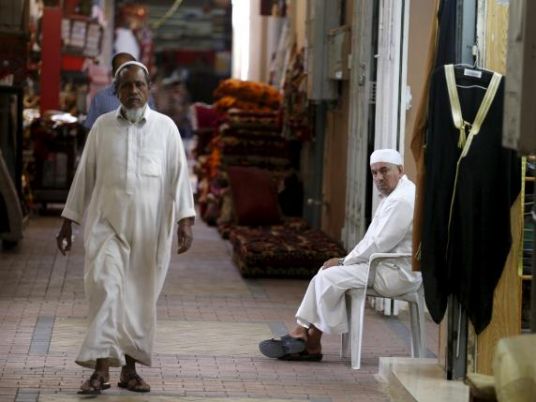Many would agree that tax reform in Egypt is a necessity, especially after the abolition of progressive taxation and the institution of a unified income tax.
The former minister of finance, Youssef Boutros-Ghali, who joined the Egyptian cabinet in 2004 but disappeared from the country after the revolution, destroyed the Egyptian income tax system in the name of fighting tax evasion. He set a unified 20 percent income tax, thereby levying an equal amount from public sector employees, traders and big businessmen alike. The system worked to the disadvantage of low-income earners and small companies that hardly made any profits. For example, a small enterprise that brought in LE 100,000 a year paid LE 20,000 in taxes regardless of how many workers it employed or other costs it had to pay. It also had the additional burden of paying a 10 percent sales tax.
The tax reform issue has been taken up by the new minister of finance, Samir Radwan, who on several occasions has expressed his dissatisfaction with general income levels in Egypt. Radwan has further pledged that the establishment of a national minimum wage will be a priority of the new government. The new minister is aware that wages in Egypt can reach extremely low levels, in some cases with entire families earning no more than LE 200 a month (an amount that cannot sustain one single individual, let alone a household).
The General Committee for Wages, set up under ex-President Hosni Mubarak, has increased the minimum wage to LE 600, but postponed the implementation of this decision until further studies were undertaken. The committee’s statements were only intended to appease the Egyptian public after a wave of protests in the spring of 2010 took place in front of parliament. Among the more memorable rallies was one organized by municipal employees at information centers that conduct research for the Egyptian cabinet, some of whom were earning LE 100 per month. Over 50,000 employees work at such centers.
Samir Radwan, a former expert at the International Labor Organization, will surely work toward setting a new minimum wage given his disappointment with the current situation. The question is when this will happen and when, more importantly, progressive taxation will be embraced once again.
Egypt’s current tax system is not based on social justice, one of the main principles of the 25 January revolution. Radwan should immediately consider relieving low-income earners of their tax obligations under the current law and imposing a progressive tax, between 3 and 40 percent, on those who earn more than LE 25,000 a year.
The finance minister and his aides may have better ideas. But, to my mind, progressive tax reform must begin by relieving low-income earners of their tax obligations or at least placing them within a reasonable tax bracket that does not create added financial burdens on their already-strained budgets.
Translated and abridged from the Arabic Edition.




